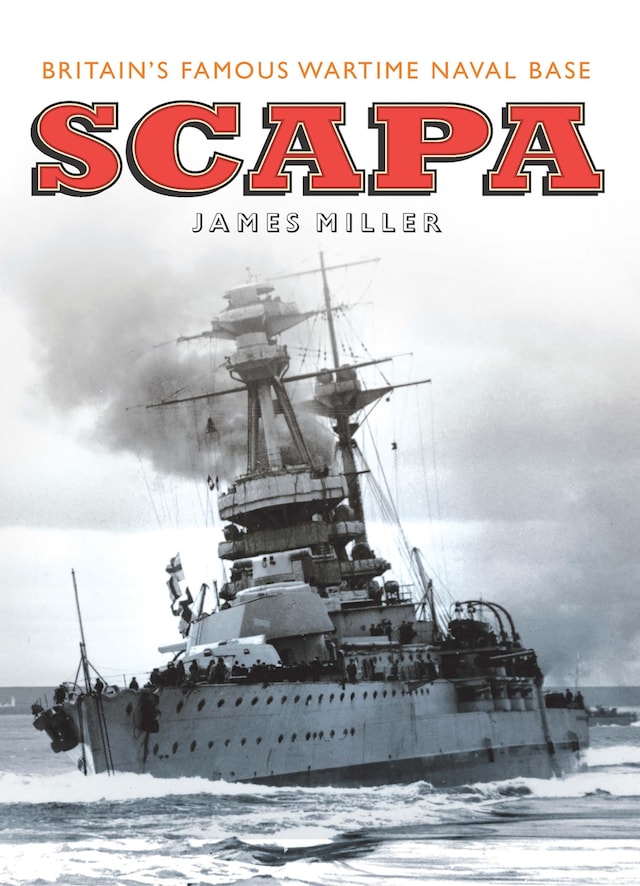
Scapa
Britain's Famous Wartime Naval Base
Opis książki
Scapa Flow was one of the world's great naval bases and the scene of many of the major events of twentieth-century naval history. During both World Wars, the Royal Navy made Scapa the home for its capital ships, and thousands of servicemen and women were posted to Orkney. From here the Grand Fleet sailed for Jutland in 1916, from here the escorts for the Russian convoys set off, and it was in this beautiful, bleak anchorage that the German High Seas fleet committed the greatest act of suicide ever seen at sea – 'The Grand Scuttle' – before being later raised and scrapped in the most astonishing feat of maritime salvage in history. It was also in Scapa that the last photographs of Kitchener were taken as he boarded HMS Hampshire, shortly before she was sunk by mine off Marwick Head.
Scapa is also the grave of many who fought for their country in both World Wars. In its silent waters lie the wrecks of the battleship Vanguard, blown apart by an explosion in 1917, and the Royal Oak, sunk by U-47 in a spectacular raid at the beginning of World War II . Here the first Luftwaffe raids on Britain occured, here too Italian prisoners-of-war built both the spectacular Churchill causeways and the exquisite chapel on the island of Lamb Holm.
In this book, illustrated with over 130 archive photographs, James Miller traces the story of this remarkable place, weaving together history, eyewitness accounts and personal experience to capture the life and spirit of Scapa Flow when it was home to thousands of service personnel and the most powerful fleet in the world.
 James Miller
James Miller 124 Strony
124 Strony